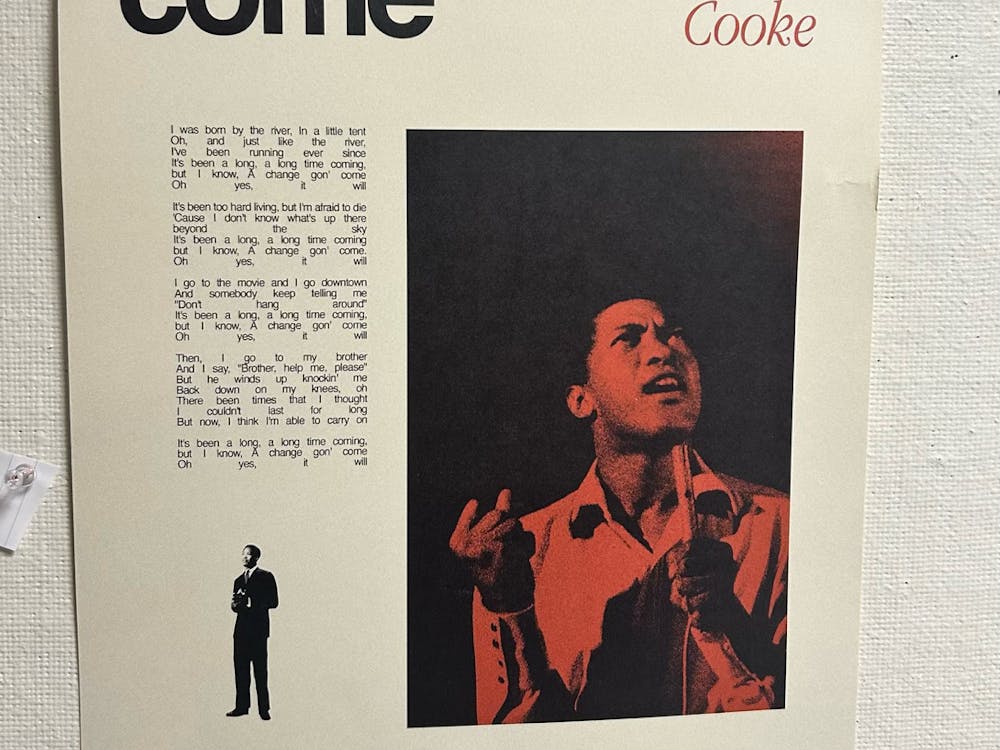Ask anyone who knows me well and they’ll tell you that I love to talk, even to people I’ve just met. But I wasn’t always like this. Up until about my first year of high school, I was shy and stayed quiet around people who I didn’t know well enough.
The story of how I became less shy is most likely a combination of support from my family, encouragement from my teachers and just growing up and finding my voice. But in addition to all of these positive influences in my life, I began to struggle with my own mental health in a way that required me to seek serious help. I should probably mention that this article is purely based on my own personal experiences, and therefore what I say will not apply or be helpful to everyone.
I first experienced extreme sadness when I was in the fourth grade. I would cry for nights in a row, and I would tell my parents about how it seemed the world would be better without me in it. Thanks to my parents’ understanding that there was something serious going on, I was sent to see my first therapist.
I have few memories of what we actually talked about together, but learning to open up to someone who wasn’t my direct family ended up being an extremely valuable skill. I hadn’t realized how much I had been holding inside me, and I learned that it was okay to ask for help when needed.
Since fourth grade, I have continued to work to mitigate the symptoms of my disorders. When I was in eighth grade, I was diagnosed with obsessive-compulsive disorder (OCD), in addition to my depression (which decided to rear its ugly head once again).
It was then that I started taking daily medication, which helped immensely, but medication by itself was not enough. I had to go to even more intense therapy sessions. Because of the nature of OCD, these sessions included addressing my fears head-on. It was difficult and painful, and I often wanted to quit. I reasoned that life wouldn’t be all that bad if I gave up trying to control and decrease my symptoms. This was not true, and I realized that I had to continue treatment if I wanted to get back my quality of life.
That was six years ago. Since then, my symptoms have been a constant ebb and flow. I’ve had to return to therapy every now and then to refresh my memory on how I can manage my symptoms in everyday life. My dosage of medication has also gone up and down.
I’ve learned to live with the fact that mental health is something that fluctuates. But unlike physical health, sometimes you just can’t help this. I don’t know the exact science behind it, but some brains are just different than others, and no amount of yoga, meditation or healthy eating can fix that (though doing those things can help some people).
As for any advice I hope you can take away from me sharing my story: I cannot stress enough the importance of getting help when you need it. Find a therapist that you click with, and stick with them. Accept your therapist’s advice and observations. If therapy isn’t an option for you — either because it is financially unrealistic for you or because you are not comfortable with talking to someone you just met — find a friend or a family member.
Find someone you can trust to be a non-judgmental listener, and open up to them at whatever rate you are comfortable with. Ask your doctor about options you might have for medication. There is nothing to be ashamed about when taking medication.
Take care of your physical health. Exercise if you can, eat healthy and stay hydrated. Most of all, try your best to be patient with the progress. I’ve been dealing with symptoms since I was nine years old. I’m now 20 and, though I’m very happy, I am nowhere near “perfect.”
That being said, I’m in a much better place than I was, and if I could go back in time, I would tell my nine-year-old and 13-year-old selves that there are ways to get better. It is possible to live without feeling like a constant burden. It is possible to live without being scared of everyone who looks at you on the street. It is possible, though it takes lots of time and practice and hard work. But I cannot stress enough how it is so worth it.





